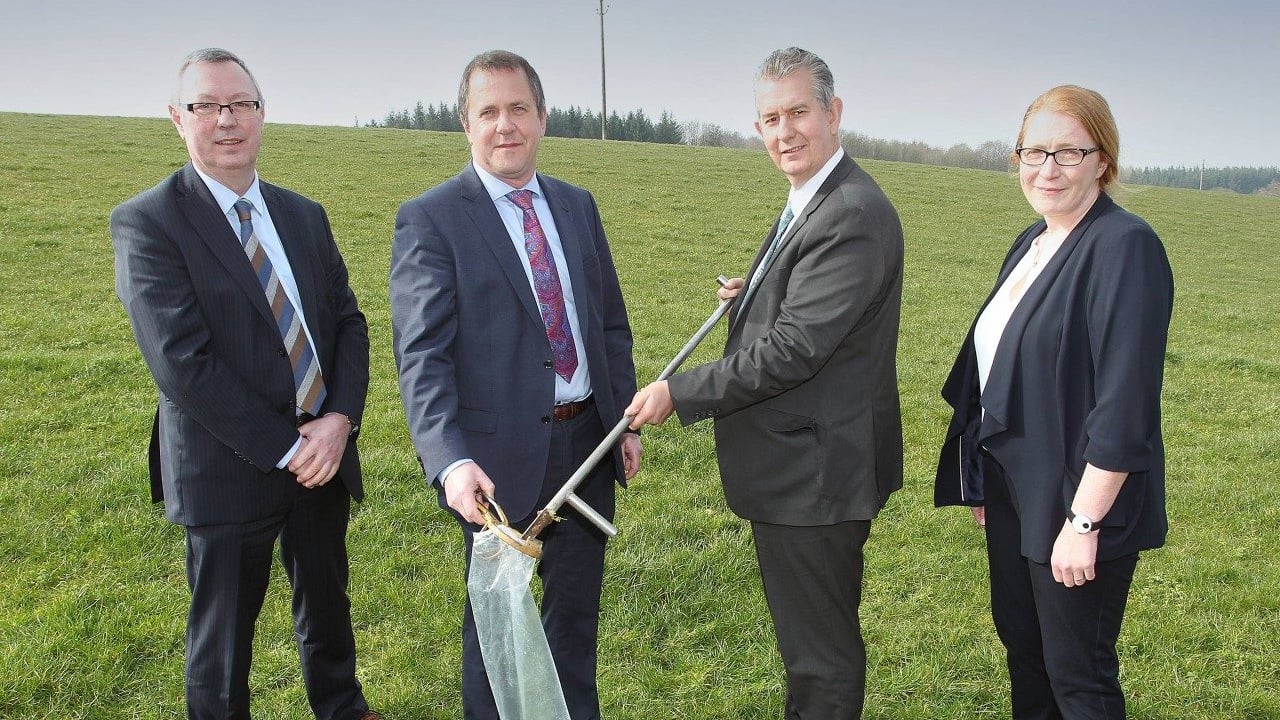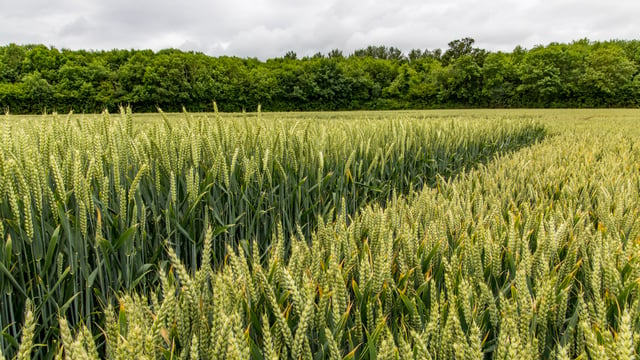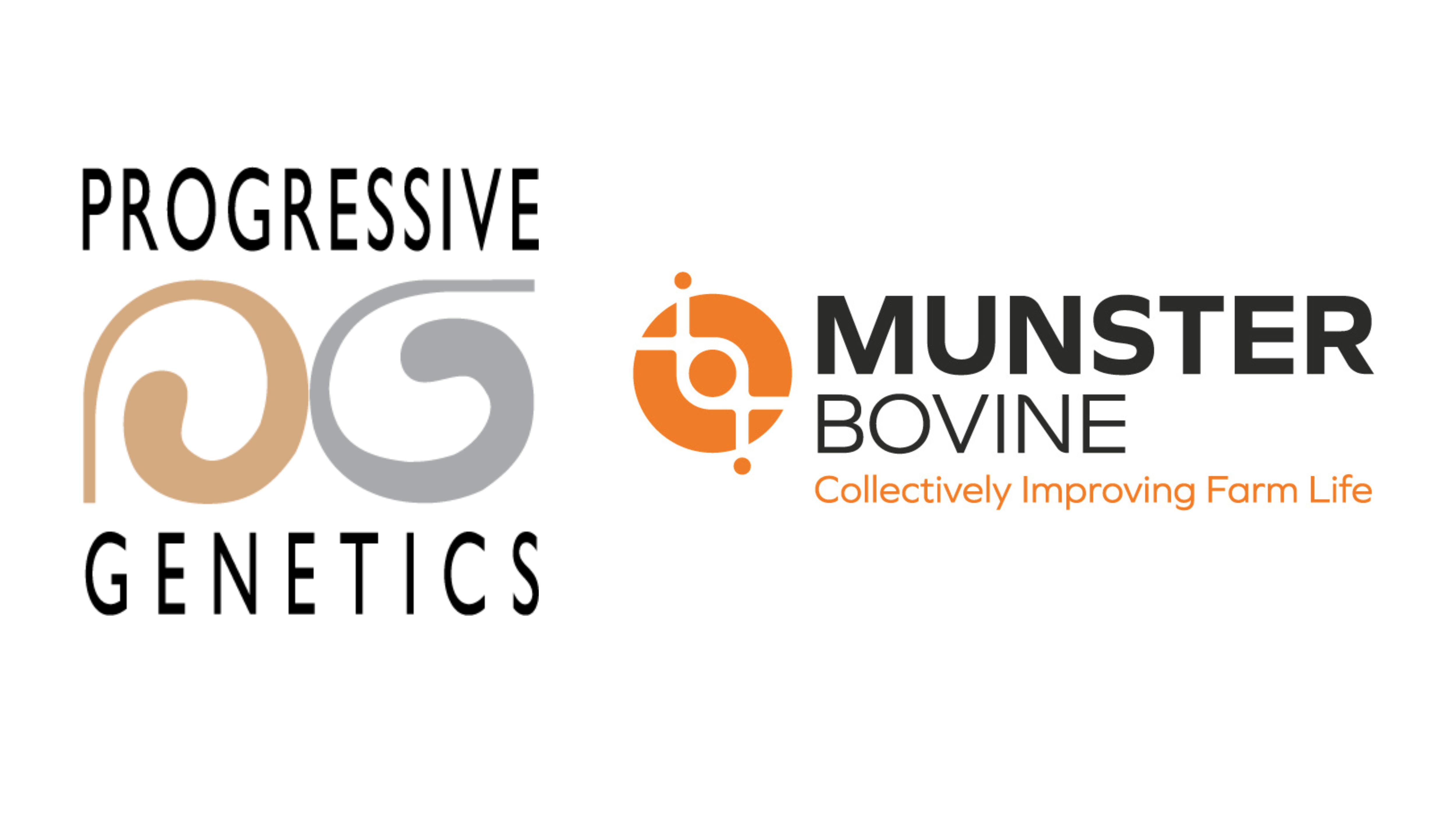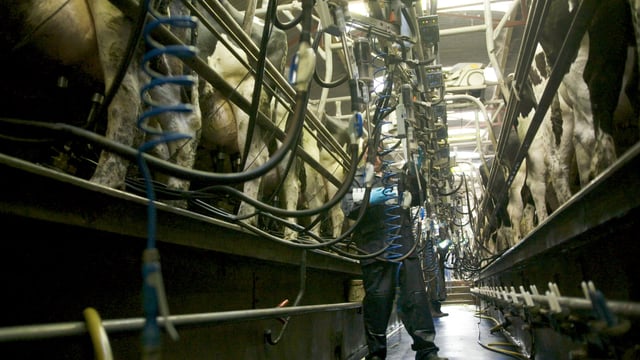NI: £45m Soil Nutrient Health Scheme opens
The new Northern Ireland Soil Nutrient Health Scheme (SNHS), a £45 million investment over a four-year period, has opened.
The SNHS is a significant new initiative aimed at improving soil nutrient health and estimating farm carbon stocks across Northern Ireland.
Announcing the scheme, Minister of Agriculture, Environment and Rural Affairs, Edwin Poots said:
“I am delighted to open this innovative and forward looking soil sampling and carbon analysis scheme that will be available to all farmers.
"I am encouraging farm businesses in Northern Ireland to participate in the Scheme to ensure they benefit from what it can offer.”
The scheme will be delivered by the Agri-Food and Biosciences Institute (AFBI). The contracts for the soil collection and analysis work have now been awarded and collection of soil samples from farms will be carried out under the direction of AFBI.
The SNHS will be rolled out in stages using a zonal approach, over the next four years. Zone 1 farmers will be able to apply online using the Department of Agriculture, Environment and Rural Affairs' (DAERA’s) online services during May 2022.
The collection of soil samples for Zone 1 will get underway in November 2022.
“I will be writing to all the farmers in Zone 1 to encourage them to join the Scheme," Minister Poots added.
"They will also be provided with specific training on understanding and using the nutrient and carbon data on their farms.
“Equipping farmers with this information will help them more accurately match nutrient applications to crop need, thereby increase efficiency, reducing excess run-off to watercourses and improving their economic and environmental sustainability.
“In addition, the baseline data delivered through the SNHS is a key platform in my proposals for new farm support schemes which I recently consulted on.”





